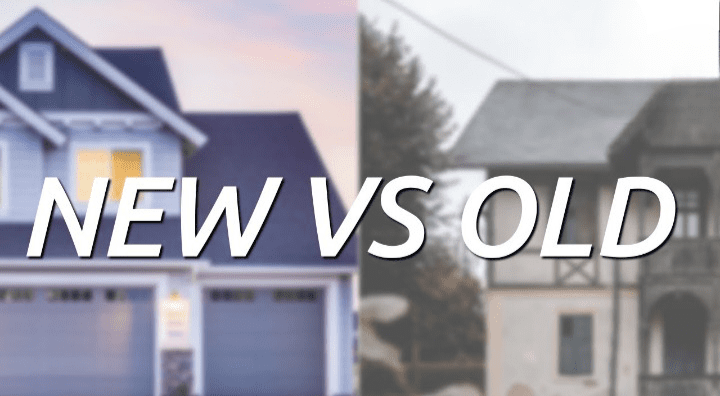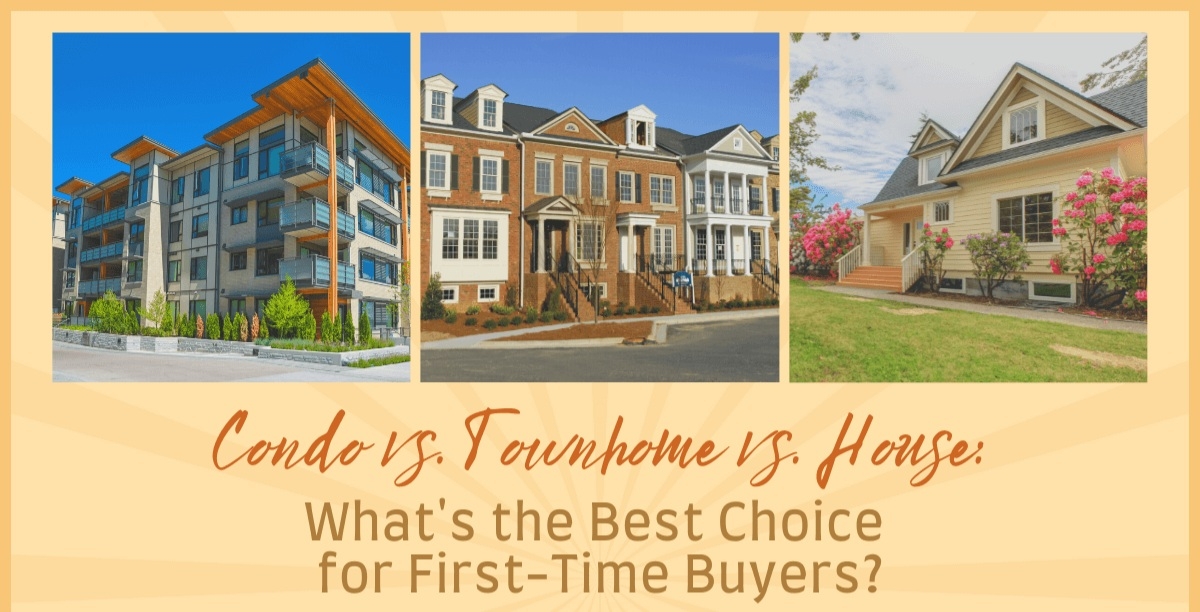Renting out a part of your house can be a great way to earn extra income, but it requires careful planning. Here's an overview to help you get started:
1. Benefits of Renting Out a Part of Your House
Extra Income: Helps with mortgage payments, savings, or other expenses.
Property Value: Maintaining the property with rental income can increase its resale value.
Companionship: For some, having tenants around reduces loneliness.
2. Legal Considerations
Zoning Laws: Verify local zoning rules and regulations for renting out portions of a house.
Permits: Some areas require permits for renting or converting spaces.
Lease Agreements: Have a clear, written lease covering terms, rent, utilities, and house rules.
Taxes: Rental income is taxable; consult a tax professional for guidance.
3. Preparing Your Space
Separate Living Area: Ideally, offer a separate entrance, bathroom, and kitchen/kitchenette for tenants.
Safety Standards: Ensure the space complies with fire safety codes and other regulations.
Furnishing: Decide if you'll rent the space furnished or unfurnished.
4. Finding Tenants
Advertise: Use platforms like Craigslist, Zillow, or local community boards.
Screening: Conduct background and credit checks to ensure reliable tenants.
References: Contact previous landlords for references.
5. Managing the Rental
House Rules: Clearly define rules (e.g., noise levels, guest policies, shared areas).
Utilities and Maintenance: Decide if utilities are included in the rent and plan for regular maintenance.
Landlord Responsibilities: Be responsive to tenant needs and comply with local landlord-tenant laws.
Renting out part of your house can be rewarding if approached thoughtfully. If you'd like detailed advice on any specific aspect, let me know!




















